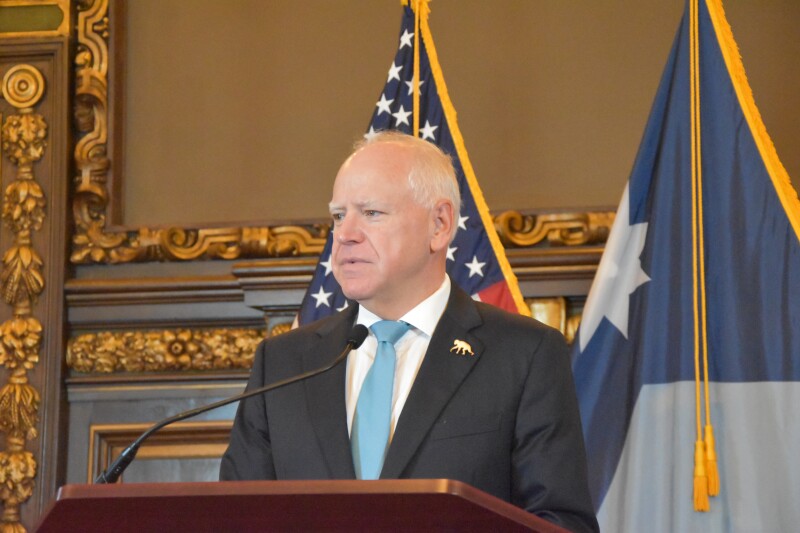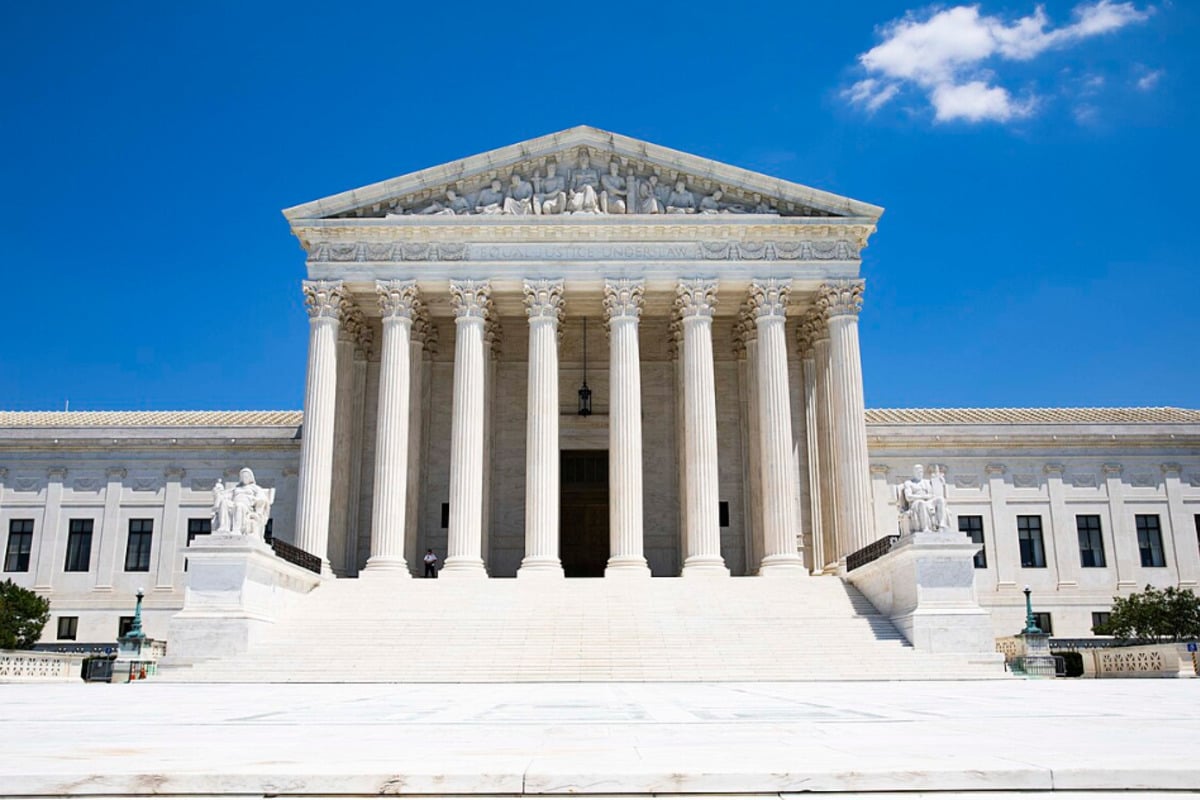UPDATE: Governor Tim Walz has just signed a groundbreaking cannabis compact with the Prairie Island Indian Community on October 20, 2025. This urgent agreement outlines a collaborative framework for regulating cannabis between the state of Minnesota and the Tribal Nation located north of Red Wing, marking a significant step forward in the state’s cannabis market.
The compact is set to create vital partnership opportunities between Prairie Island and state-licensed cannabis businesses, enhancing product supply while respecting the Tribe’s sovereignty. Eric Taubel, Executive Director of the Office of Cannabis Management (OCM), stated, “This compact provides state-licensed cannabis businesses the opportunity to partner with Prairie Island Community and boost supply of product while maintaining the Tribe’s inherent sovereignty and right to self-govern.”
Starting next month, Prairie Island plans to initiate wholesaling activities with state-licensed businesses, responding to the demand in Minnesota’s rapidly expanding recreational cannabis market. This development follows the 2023 legislation that legalized the possession, use, and cultivation of cannabis statewide, directing the governor to negotiate agreements with neighboring Tribal Nations.
The Prairie Island Indian Community, situated on an island in the Mississippi River, encompasses off-reservation trust lands in both Goodhue and Dakota counties. This compact is the third of its kind between the state and a Tribal Nation, following similar agreements with the Mille Lacs Band of Ojibwe and White Earth Nation.
Tribal Council President Grant Johnson expressed enthusiasm about the compact: “We’re very proud of the disciplined systems and processes we have created to ensure the safe, secure operation of our cannabis business on and off reservation land.” This agreement underscores the Tribe’s commitment to meeting the growing consumer demand while maintaining high safety and quality standards.
Each state-Tribal compact features unique specifications tailored to the needs of the respective Tribal Nation, but all emphasize public health and safety through rigorous product testing, data collection, and consistency in the state’s cannabis market. Notably, sales of cannabis products off Tribal lands are subject to comprehensive state and local taxes. The cannabis tax stands at 15% of gross receipts from retail sales, in addition to a state general sales tax of 6.875% and any local taxes applicable based on transaction locations.
As this compact unfolds, it signals a new era of collaboration between Minnesota and Tribal Nations, with significant implications for the cannabis industry. The coming weeks will reveal how this partnership will shape the landscape of cannabis in Minnesota, and residents eagerly await the initial wholesaling activities to commence.
Stay tuned for more updates as this story develops and watch for further impacts on Minnesota’s cannabis market. This agreement not only enhances economic opportunities but also reinforces the importance of sovereignty for the Prairie Island Indian Community.







